HR Automation Tools That Improve Compliance and Productivity
Advertisement
Human resources is no longer just about hiring and payroll. In 2025, it’s a digital-first function driven by intelligent automation. With hybrid and remote teams becoming the norm, HR departments are under pressure to do more with less—faster, smarter, and with complete accuracy. That’s where HR automation tools come into play.
These platforms go beyond basic data entry. They automate entire workflows, from recruitment to retirement. Whether it’s performance tracking, leave management, payroll, or employee engagement, automated HR systems reduce manual work, improve compliance, and create a better employee experience.
So, which platforms are leading the way this year? Let’s explore the best HR automation tools that businesses are relying on in 2025.
1. BambooHR
BambooHR is widely adopted by small to mid-sized businesses for streamlining everything from hiring to offboarding. Its interface is clean and intuitive, which makes it popular among HR teams with limited technical experience.
You can automate onboarding checklists, employee data management, time-off tracking, and even run performance reviews on a set schedule. What sets BambooHR apart is its focus on employee satisfaction—offering surveys, e-signatures, and easy mobile access for staff. The system reduces dependency on spreadsheets and email chains, freeing HR professionals to focus on culture and growth.
2. Workday
For large organizations, Workday remains one of the most powerful automated HR systems. It brings together finance, workforce planning, talent management, and payroll into a single cloud platform.
Workday uses machine learning to assist HR departments with skills mapping, headcount forecasting, and candidate recommendations. It supports global compliance standards and makes reporting incredibly efficient, especially for international corporations managing diverse teams. Its real-time data updates allow leadership to make faster, data-backed decisions that shape long-term HR strategies.
3. Gusto
Gusto focuses on one of the most error-prone aspects of HR: payroll and tax compliance. With Gusto, payroll runs automatically. It calculates taxes, generates payslips, and files paperwork with government agencies without manual input.
What makes Gusto a valuable employee management software is its integration of benefits administration. Whether it’s health insurance, retirement plans, or paid time off, Gusto helps automate employee enrollment and tracks eligibility requirements with precision.
4. Rippling
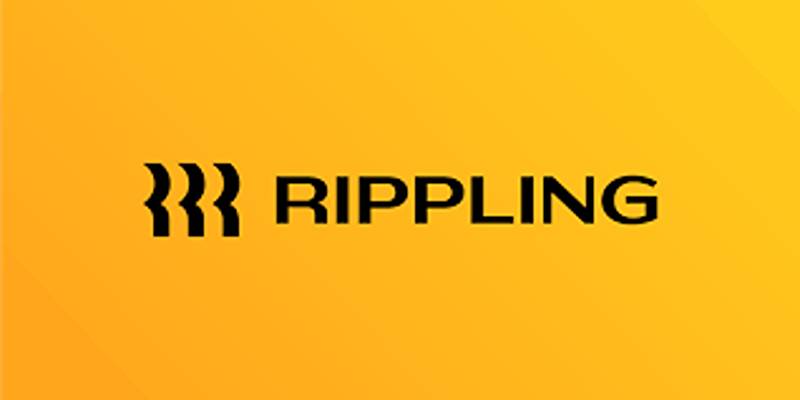
Rippling is unique because it connects HR automation with IT processes. When you onboard a new hire, the system not only creates HR files and sends offer letters—it can also ship a laptop, create app logins, and assign system permissions based on the employee’s role.
It covers payroll, benefits, compliance, and document management with a high degree of automation. Rippling is modular, which means companies can add features as they grow without switching platforms.
5. Zoho People
Zoho People is known for its flexibility and affordability. It’s ideal for businesses managing remote or global teams across multiple time zones. With automation for time tracking, attendance, shift scheduling, and performance reviews, it adapts to unique HR needs without heavy customization.
Its low-code platform allows HR teams to create custom workflows—for instance, automating approvals for travel requests or training programs. The mobile app ensures that team members in any part of the world can request leave, submit timesheets, and access documents without delay. Zoho People also includes built-in analytics to help HR managers visualize trends in productivity, engagement, and attrition.
6. Deel
Hiring internationally used to be a legal nightmare. Deel changed that. It automates international hiring, contractor agreements, payroll in local currencies, and tax compliance for over 150 countries.
Its strength lies in taking the stress out of legal complexity. Companies can hire remote talent without setting up local entities. Deel ensures local compliance by automatically adapting contracts to regional labor laws. It’s a must-have tool for startups and tech companies hiring across borders and looking to manage everything from a single HR dashboard.
7. Paycor
Paycor is tailored to mid-sized businesses looking for a highly automated HR solution. Its recruiting, onboarding, time tracking, and payroll systems are tightly integrated. With automation features such as rule-based workflows and dynamic scheduling, HR departments can run more efficiently.
Paycor also excels at performance management. It allows businesses to set goals, schedule 1-on-1s, and monitor development plans automatically—ensuring managers stay engaged with their teams without having to chase reminders. Its dashboards deliver high-impact insights on workforce trends, turnover, and compensation—ideal for HR teams that want to tie people operations directly to business performance.
8. Namely
Namely focuses on giving employees a personalized HR experience while automating core processes like benefits enrollment, payroll, and onboarding. The software allows companies to customize their HR workflows and dashboards to reflect company culture.
Its open API and integration options mean businesses don’t have to compromise on tools they already use. Namely automates compliance checks, keeps records organized, and generates required reports during audits without added stress.
9. SAP SuccessFactors
SAP SuccessFactors is a powerful cloud-based solution for enterprises seeking end-to-end HR automation. It covers everything from recruitment and onboarding to performance management and workforce analytics. Its strength lies in its scalability and ability to align HR functions with business goals across global operations.
The platform uses AI to help identify skill gaps, recommend learning paths, and improve workforce planning. It integrates seamlessly with other SAP business tools and supports multilingual, multi-currency environments—making it ideal for multinational companies.
10. ClearCompany
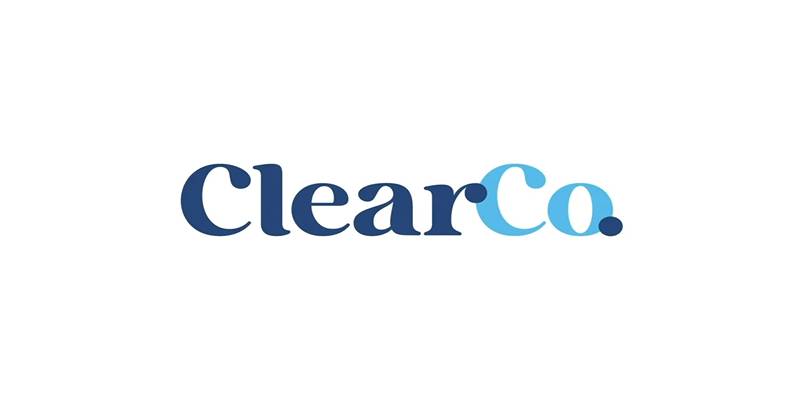
ClearCompany is built for organizations that want to streamline talent management and improve employee engagement. It automates recruiting, onboarding, goal tracking, and performance evaluations while aligning each step with company objectives.
Its applicant tracking system speeds up hiring with automated workflows, interview scheduling, and candidate scorecards. Once onboarded, employees can be guided through custom training and performance programs that are automatically tracked.
Conclusion
In 2025, choosing the right HR automation software is not just about reducing manual work. It’s about building a smarter, more efficient, and employee-friendly organization. From Gusto’s automated payroll to Workday’s AI-driven insights, every tool plays a role in reshaping how businesses manage people.
The best approach is to align your HR software with your company’s size, complexity, and goals. Once in place, these tools will do more than automate—they’ll transform your entire people strategy.
Related Articles

Best Web Browsers for Smooth Video Playback

Best Places to Submit Your New Software Project
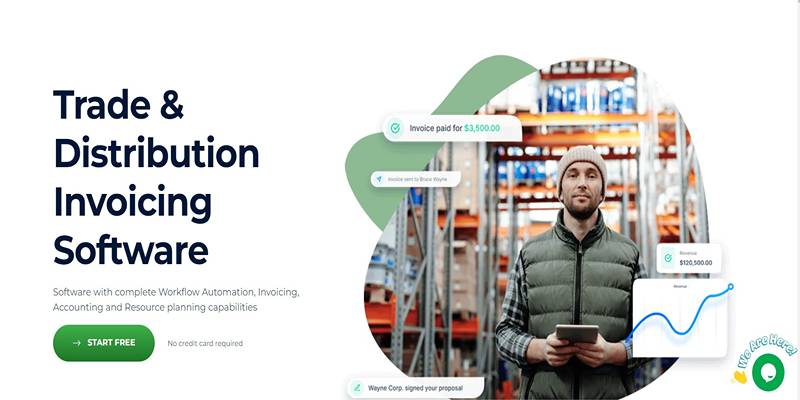
Top Invoice Platforms for Distributors and Trading Companies 2025

10 Online Office Suites That Help You Work Smarter

Top Software to Repurpose Content for All Digital Platforms

Best Video Management Tools to Organize Your Library

Best Software to Manage Your Beauty Business Smoothly

8 Free Audio Editing Tools Worth Trying: A Comprehensive Guide
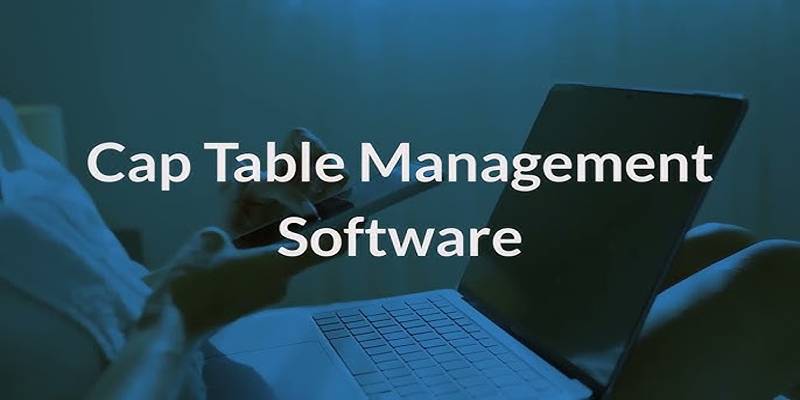
What Is the Best Cap Table Management Software for Startups?
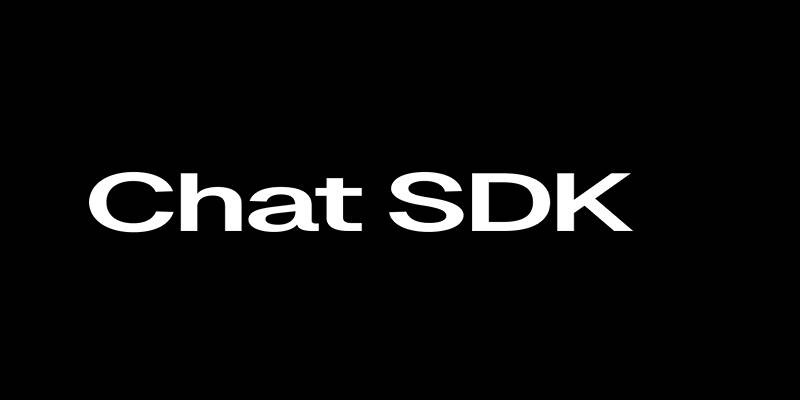
Discover the Best Chat SDKs for Real Time Communication Features

9 Excel Password Recovery Tools That Work
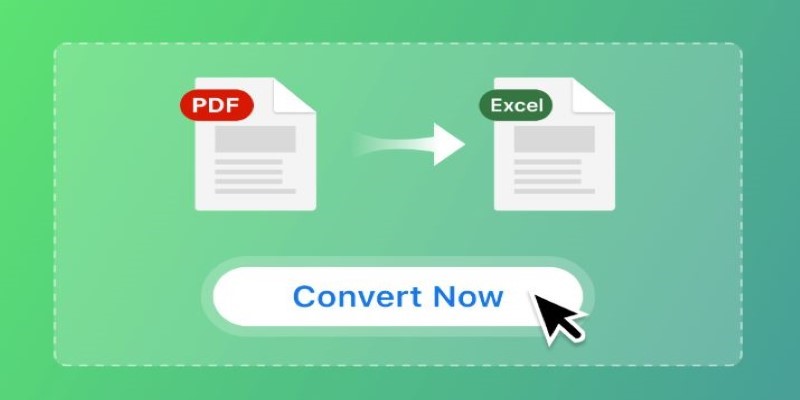
 novityinfo
novityinfo